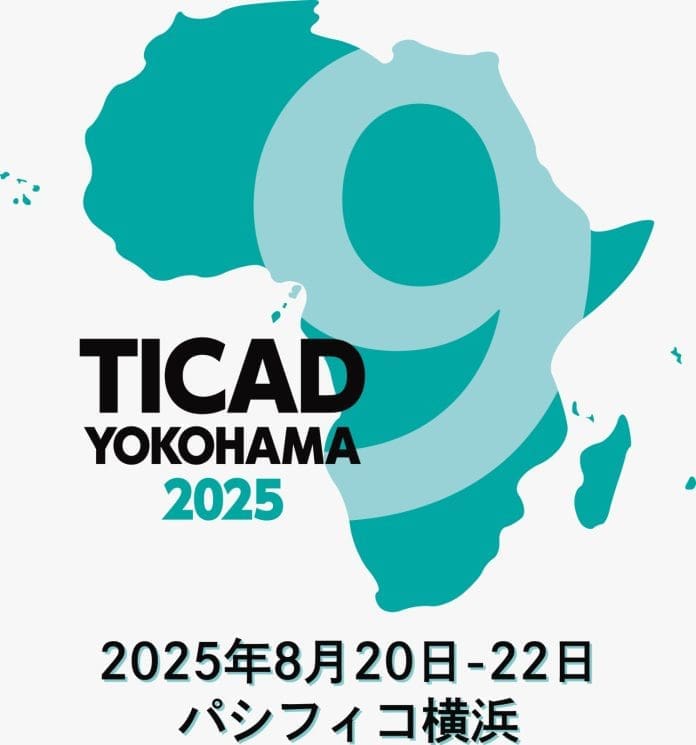Yokohama hosts the ninth Tokyo International Conference on African Development this week, drawing global leaders to discuss partnership and progress.
The Importance of Investing in Africa’s Youth
The conference comes at a time when Africa faces complex challenges but also holds unprecedented potential, much of it driven by its young population.
By 2050, one in four people in the world will be African. This demographic reality presents both an opportunity and a challenge. Without adequate investment in education, health, and employment, this youth bulge could strain economies. But with the right support, it could become a powerful engine for growth.
Japan’s Approach to Development in Africa
The Japan International Cooperation Agency (JICA) has been working across the continent for decades, promoting what it calls homegrown development. Instead of importing foreign models, JICA supports local solutions led by African communities. Initiatives like the Coalition for African Rice Development have already helped double rice production in 32 countries.
JICA also places strong emphasis on human security, ensuring that development reaches individuals and protects their dignity. This approach is especially relevant today, as communities grapple with climate change, health crises, and economic instability.
Promoting Innovation and Collaboration
Innovation is another key focus for JICA. Through programs like Project NINJA, JICA connects African startups with Japanese investors and technical expertise. Earlier this year, the agency signed a grant agreement with Nigeria to support local entrepreneurs, signaling a deeper commitment to fostering innovation.
People-to-people exchanges remain central to the partnership between Japan and Africa. More than 1,900 African students have studied in Japan through the ABE Initiative since 2013, fostering skills and networks that benefit both regions.
Building Stronger Ties Through TOMONI Africa
At TICAD9, JICA will launch TOMONI Africa, a new exchange program aimed at strengthening ties between African and Japanese youth through education and collaborative projects. This initiative underscores the importance of cooperation and mutual understanding for sustainable development.
Japanese volunteers have also played a vital role in development efforts in Africa. Over 16,000 Japanese Overseas Cooperation Volunteers have served in African countries since 1965, contributing to projects in education, agriculture, health, and technology.
A Lasting Partnership with Ghana
In Ghana, JICA’s presence has been felt for over sixty years, spanning various sectors including agriculture, health, education, and governance. The exchange programs and training opportunities provided by JICA have created lasting bonds between Japan and Ghana, fostering a relationship built on mutual respect and shared goals.
Looking Towards a Collaborative Future
As TICAD9 progresses, the message from Japanese and African leaders is clear: the future will be built together, through respect, innovation, and a shared vision for sustainable development. With continued collaboration and investment in Africa’s youth, the potential for growth and prosperity is limitless.








